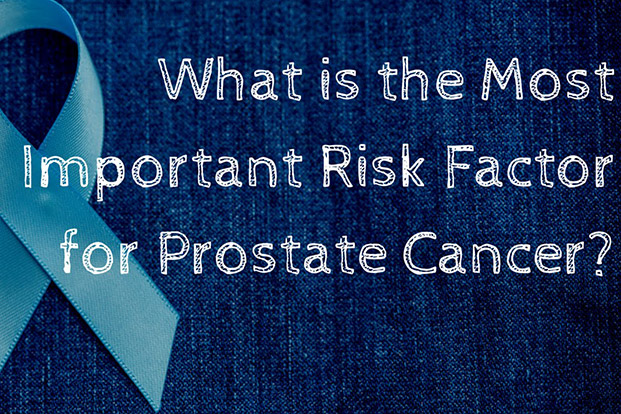Risk Factors for Prostate Cancer
Apr 19, 2022
The recent observations have highlighted a rapid increase in the Prostrate Cancer cases in men aged between 65 – 70 yrs of age. This type of cancer affecting the male reproductive organ of the body has no established single causative factor. Researchers have not been able to zero in on one most highlight risk factor triggering the cancer. However, they have identified a list of the factors that are suspected to cause the same.

Age
As the age progresses, the risk of prostate cancer goes up. The American Cancer Society says prostate cancer causes about 10% of cancer–related deaths in men 60 to 79 years old. It causes nearly 25% of cancer deaths in men over age 80. It is rarely found in men younger than 40. In 6 out of 10 cases prostate cancer is in men above 60 yrs of age. It is best that after 60 yrs of age, men should opt for a PSA Test. Remember; you need to first consult your urologist. Elevated PSA levels, might not always be due to a cancer.
Family History
Men with a family history of prostate cancer also face higher risk. The more close relatives (father, son, brother) diagnosed with prostate cancer, the higher your risk. Hence it has been concluded that there is a gene that causes the same. If you have a family history, you are 2 to 11 times more at–risk than men with no family history.
Smoking
Studies show prostate cancer risk may double for heavy smokers. Within 10 years of quitting smoking, your risk goes down to that of a non–smoker the same age. It is best that you start the process of quitting beforehand.
Diet
Diet and lifestyle may affect the risk of prostate cancer. It isn’t clear exactly how. The risk may be higher for those who eat more calories, fat and refined sugar and not enough fruits, vegetables and exercise. Obesity is linked to increased risk for death from prostate cancer. One way to avoid death from prostate cancer is to lose weight, and keep it off. Recent studies have also revealed that eating regular deep fried food also increases the risk of prostate cancer and so does having a big waist circumference.
Vitamins
Vitamin D also affects the prostate. Prostate cancer risk may be lower with higher exposure to sunlight, the main source of vitamin D. But recent studies have not supported this presumption.
A healthy lifestyle is best. Eat a balanced diet. Eat less and eat plenty of fruits and vegetables. Get lots of exercise, don’t smoke, and keep a normal body weight.








